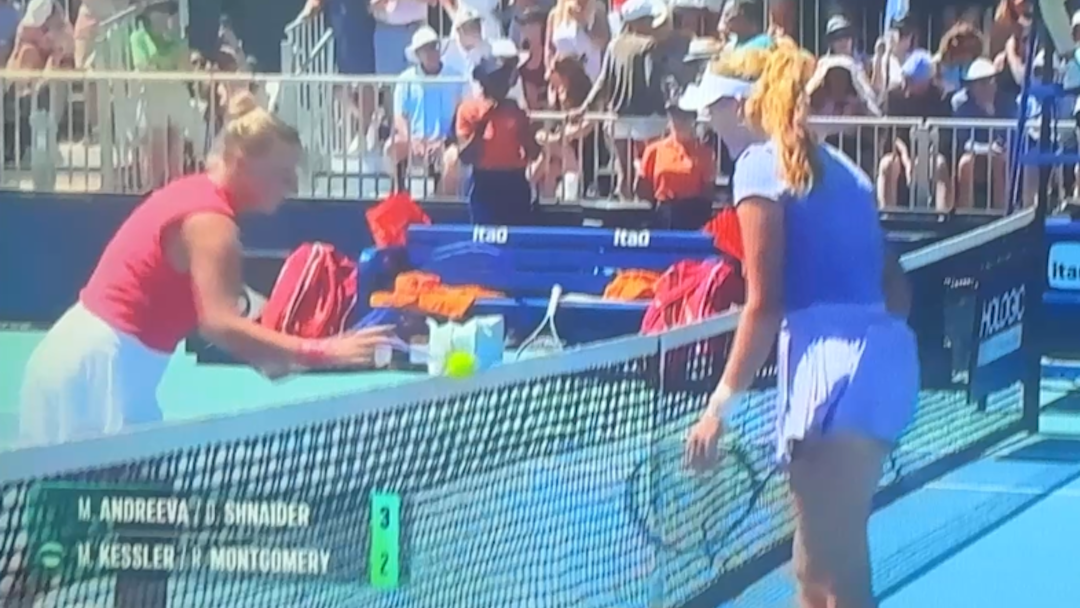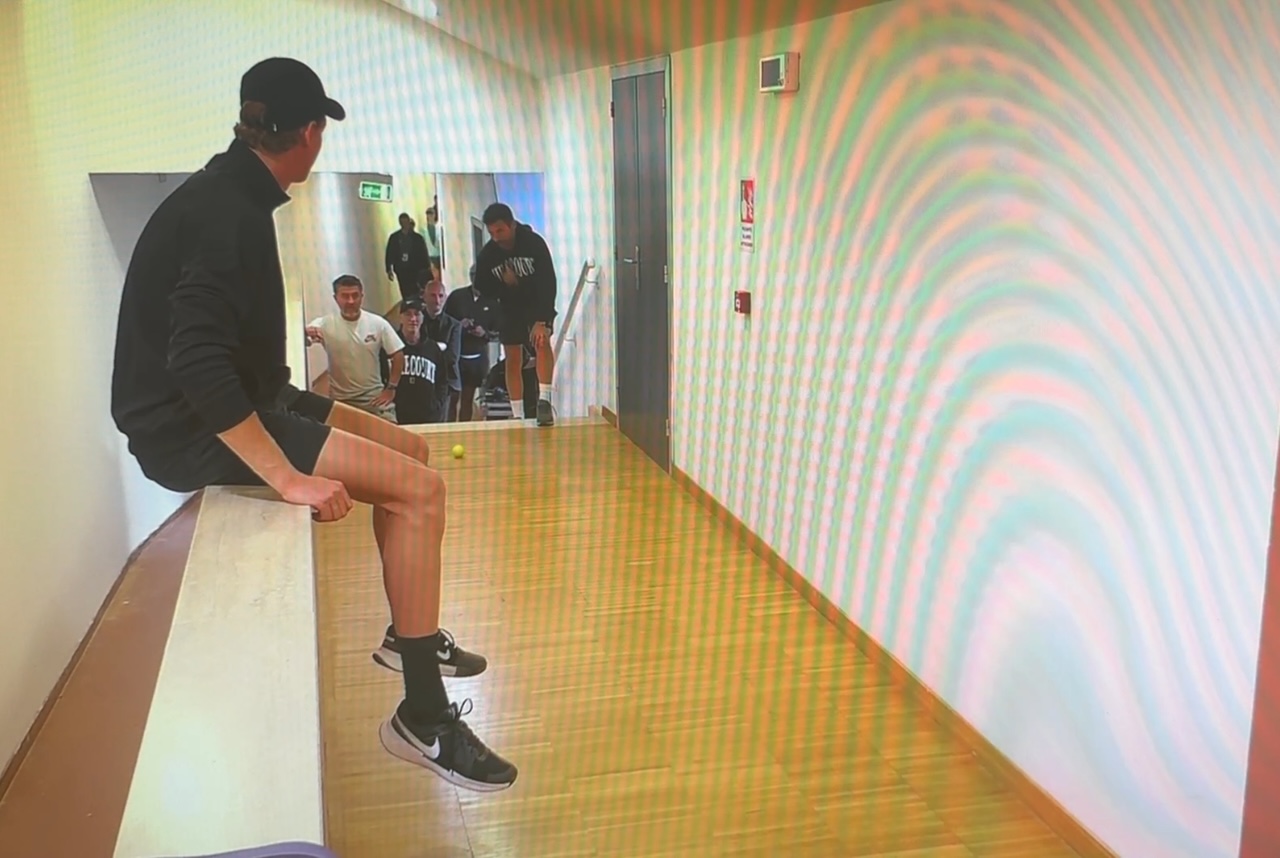This is the flip side of yesterday’s post dissecting USTA League team descriptions. Today, I am breaking down the player side of that matchmaking process. People who are seeking teams often rely on the information they provide to garner even a glance from a prospective team. Consequently, it behooves them to put their best foot forward.
The USTA League user interface has a box for players seeking teams to describe themselves. However, I am unsure how well that information flows to the captains in practice. While I have not captained a team since that capability was implemented, the trophy husband typically hits double digits in that regard each year. He doesn’t recall ever receiving automated information from the USTA. Rather, he usually receives an email from the prospective player indicating that he received his contact information from the league coordinator. That email usually, but not always, contains the player’s self-description.
Whether or not it is entered into the USTA app directly or sent via other channels to prospective captains, it is a good idea to provide a self-description and ask for a characterization of prospective teams. The only thing worse than playing a season on an ill-fitting team is extracting yourself from that situation to join their crosstown rivals.
While I have never been in a position to blindly pitch myself to team captains, this post has made me consider how I would characterize myself should that need ever arise. I think it would go something like this:
Active player who just moved in from USTA Texas looking for regular match play and practice. I am a seasoned tournament and league player who is happy to play either singles or doubles with no preference between receiving on the ad or deuce sides. Generally plays an all-court style and highly consistent. Sometimes characterized by opponents as “tricky.” I am eligible for 18+, 40+, and 55+ divisions. I don’t mind playing the youngsters because that is generally where the best singles matches occur.
There are some key phrases in my self-description that a savvy captain should be able to decode. Additionally, I perceive there are many additional terms that prospective teams should be on the lookout for. Here is my first cut at an initial guide.
- Active. I will seek out as many teams as possible, play in many tournaments, and volunteer within the tennis community. I will likely be available for the two-match minimum, but probably not much more.
- Athletic. I was very good at some other sport before I took up tennis. I will either quickly become a star on this team or constantly drone on about my glory days in another sport.
- Consistent. I won’t hit many winners, but I also rarely miss. Make sure your home facility builds in extra time for my matches. Additionally, if this is one of those teams that is expected to hang around until every match is completed, tell everyone to bring snacks.
- Dependable. You can count on me to show up every time. Not much more than that, however.
- Drama-Free. I’ve been on teams with drama before, and I’m not saying it was me, but… it wasn’t not me. I am looking for a new team for a reason.
- Experienced. I’ve been playing USTA leagues for decades. I know every rule, every loophole, and every grievance committee member by name.
- Flexible. I’m happy to play wherever needed, as long as it’s doubles and you don’t expect me to carry the team.
- Fun-Loving. I’m more interested in post-match happy hours than pre-match warmups. Winning is optional, but margaritas are not.
- Hard-Working. I’m new to this level but trying to improve. I will probably not win much initially, so be prepared to be patient with me. I will show up to any and every practice.
- Competitive. I take tennis way too seriously. My line calls are likely to be sketchy, and I will argue anything remotely close on the other side of the net. This behavior transcends any and all matches, including team practices and even drills.
- Social. I’ll organize team dinners, theme nights, and gift exchanges. Unfortunately, I am also likely to be the epicenter of any team drama.
- Seasoned. I am older than dirt. The only thing that will annoy my opponents more than being forced into old-person tennis is consistently losing to me.
- Super- Positive. I will respond to every communication and interaction with multiple emojis and exclamation points. Beware of any person who claims to be positive without the “super” amplifier. They maybe just tested positive for something you don’t want on your team.
- Talented. I hit some winners but mostly unforced errors. My highlight reel is impressive, and I genuinely believe I always play well. My matches will be characterized by insanely poor shot selection and claims that I am just “off” today.
- Team Player. I am just happy to be on the team and will show up at playoffs and Sectionals to cheer everyone else on, even though I have no prospect of playing.
- Tricky. I am a junk baller who makes my opponent play against unusual spins in all four corners of the court. You should always add the tricky player to your roster to avoid playing against them.
Have you seen any other words or phrases in player self-descriptions or bios that left you puzzled, impressed, or rolling your eyes? Let me know, and I’d be happy to add them to the list the next time I revisit this topic.




These are great, Teresa. A few others:
The Lobbyist
+ Though not doing the hard work as captain, this person spends significant time talking among players and, most of all, the captain, to offer counsel on doubles pairings, lineups, and so on — though mostly in their own interest.
Masters of Time
+ Players who show up at the very last minute for practice. Along with this: those who only come for their match and then leave — something you’d never see in a true team sport like baseball, football, basketball, or soccer.